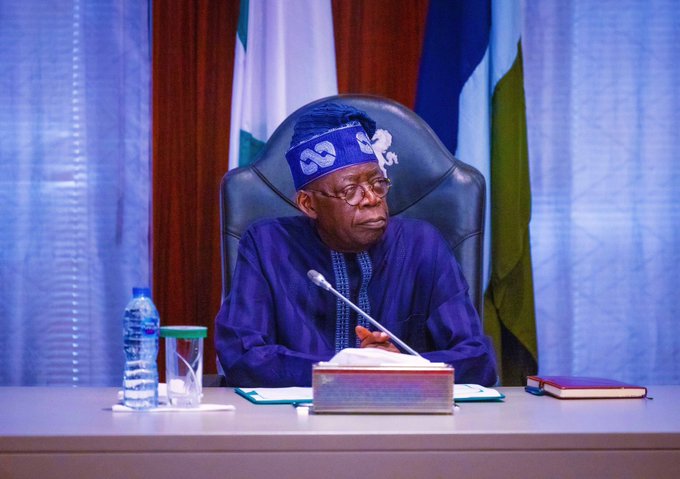The Nigerian leader stated at the House of Representatives’ two-day retreat on economic transformation and development on Tuesday that fiscal incentives for non-associated gas, midstream, and deepwater oil and gas will drive development.
President Tinubu, who was represented by his Chief of Staff, Mr. Femi Gbajabiamila, disclosed that a week ago, the Federal Government signed the consolidated guidelines for implementing fiscal incentives for the oil and gas sector.
He said: “The Executive Order streamlines contracting processes, procedures, and timelines from 36 months to six months.
“The order also seeks to ensure that local content requirements are implemented without impeding investments or the cost competitiveness of oil and gas projects.
“All of these have the same objective to reduce government interference with the commercial imperatives of businesses in the country so that businesses based here can be competitive and focus on their core objectives of economic growth through innovation and trade.
“We will need the support of the National Assembly to fully implement some of these reforms, as statutory changes will be required in some areas.
“I am confident that when the time comes, the governing partnership we have established between the Executive and the Legislature will ensure that these changes are effected swiftly to benefit our nation,” he added.
The President commended the legislature for working in harmony with the executive arm in championing policies meant to enhance the welfare of Nigerians.
He said: “Your actions have substantially fortified the legal framework of the Student Tertiary Education Loan Programme, ensuring its efficient implementation.
“These achievements are a testament to the power of our partnership and the positive impact it can have on our nation.
“The legislature must have the capacity to monitor the executive, and the executive, in turn, should be willing to comply with the legislative enactments.
“It is not just a coincidence but a strategic advantage for our country that the governing relationship between the Executive and the Legislature perfectly reflects this ideal.
“As you know, my administration is implementing significant policy changes to reform how we govern and position our country for progress and shared prosperity for all citizens.”
Tinubu thanked Nigerians for sticking by his policies and the challenges that came with them.
He added: “These reforms, while necessary and, in some cases, long overdue, are not without their challenges. I am deeply grateful for your unwavering support and understanding during these times. Your understanding and support have been invaluable, and I am confident that with our continued collaboration, we can overcome any challenges that lie ahead.
“The oil and gas industry has long been the lifeblood of our national economy. My administration is working tirelessly to change this and diversify our economy from overreliance on the production of fossil fuels. However, we are also determined to maximise revenue potential from this critical industry.
“For this reason, we are pushing policies to attract investment in the oil and gas sector.”
He continued: “We can only justify our collective mandate and the trust our people repose in us through constructive collaboration between the National Assembly and the Executive. This joint effort is the minimum the people who voted for us expect from us.
“However, the very essence of checks and balances means there will be times when the executive and legislative prerogatives inevitably collide. Above all else, the national interest must guide our decisions in those moments.
In his address, Speaker of the House of Representatives, Abbas Tajudeen, pledged the readiness of the Green Chamber to continue to work hard to address the economic challenges facing the nation.
He said that by designing and implementing progressive tax policies, the nation must endeavour to ensure a fair and efficient tax system that boosts revenue while fostering economic growth and equity.
According to him, this entails not only broadening the tax base and simplifying tax codes, but also improving compliance and minimizing loopholes that benefit only the wealthy.
“The retreat aims to foster stakeholder engagement, ensure constructive dialogue, exchange ideas, and offer insights on legislative strategies that will contribute to the economic transformation of our country.”
He said further that the retreat would give the lawmakers an opportunity to take a look at the tax reforms instituted by President Tinubu and undertake a review of the implementation of the Petroleum Industry Act (2021).
“The lack of growth in non-oil revenue sources and the volatile nature of oil income underscore the urgent need for Nigeria to diversify its revenue base and enhance its fiscal management to ensure economic stability and growth,” the speaker said.






















Leave a comment